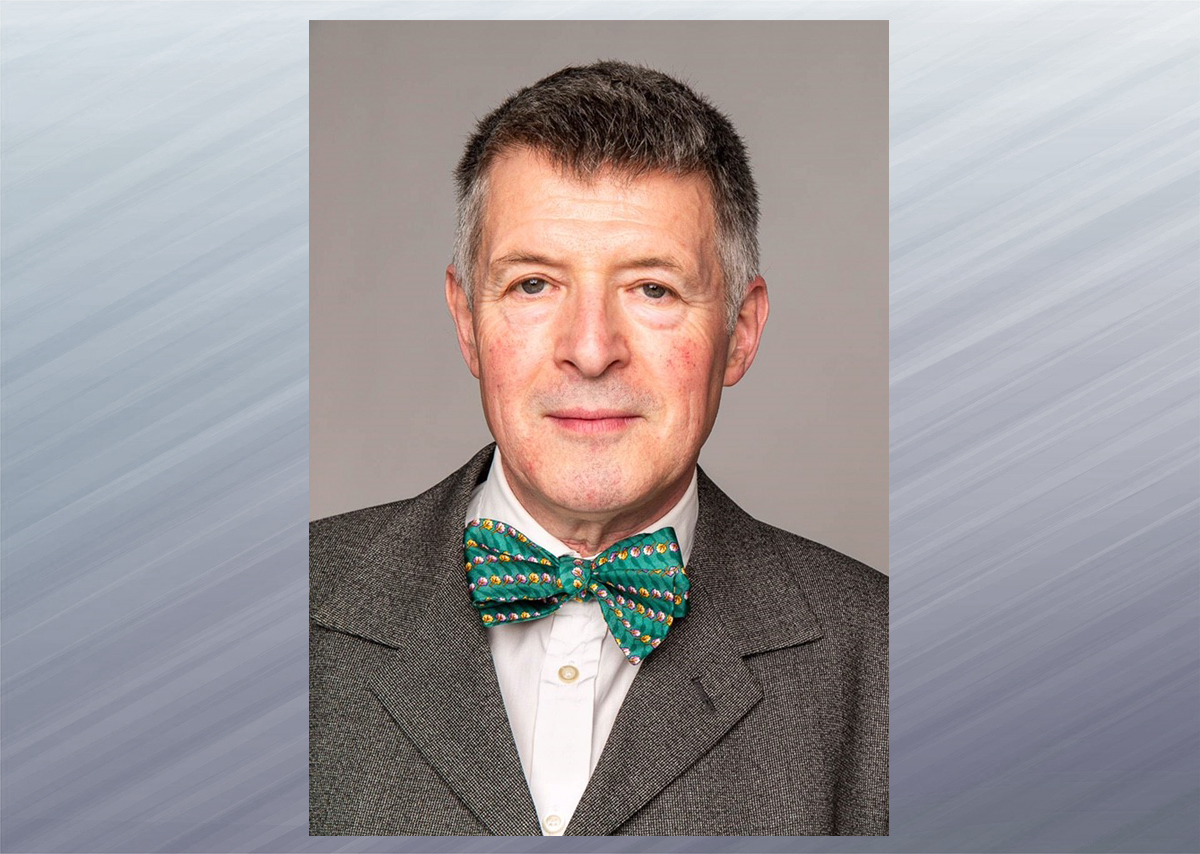Mark Blagrove is a professor of psychology and director of the Swansea University Sleep Laboratory in the UK. He is a consulting editor for the journal Dreaming and a former president of the International Association for the Study of Dreams. As an educator, Blagrove teaches a course dedicated to dreams.
Most of the scientist’s works are devoted to dreams in general, nightmares, and the psychology of dreams. In terms of lucid dreams (LD), he studied the possibility of stimulating LD with brief awakenings at night and in the morning. As his experiment showed, waking up probably activates the brain or promotes the onset of the REM phase after returning to sleep, which increases the chances of LD.
Blagrove also participated in a study on the induction of LD in one session of laboratory sleep. Cognitive training and REM-sleep stimulation were used for this purpose. The participants came to the laboratory in the morning, received instructions on LD, and then for 20 minutes the experimenter reproduced alternating audio and visual cues with an interval of 1 minute. Participants were instructed to practice a state of critical self-awareness by observing their thoughts and feelings every time they noticed a signal. Then they were allowed to take a nap, during which the stimulation by signals continued. As a result, half of the volunteers experienced LD, including those who had never encountered the phenomenon before.
Last year, the scientist published a study on lucid nightmares (which occur when a dreamer realizes they are dreaming but cannot wake up). Blagrove found that the frequency of lucid dreams is related to one’s internal locus of control, which relates to the inclination to look inward for the causes of behavior rather than outside. An internal locus of control also leads a person to attribute results to their efforts and abilities rather than external circumstances. But those who suffer from lucid nightmares do not have an internal locus of control, which explains why they cannot escape from terrifying dream plots.
Have you ever experienced lucid nightmares?
The researcher’s works can be found on his ResearchGate page.
Get all the latest news about lucid dreams via our channels on Telegram, Facebook, Twitter




